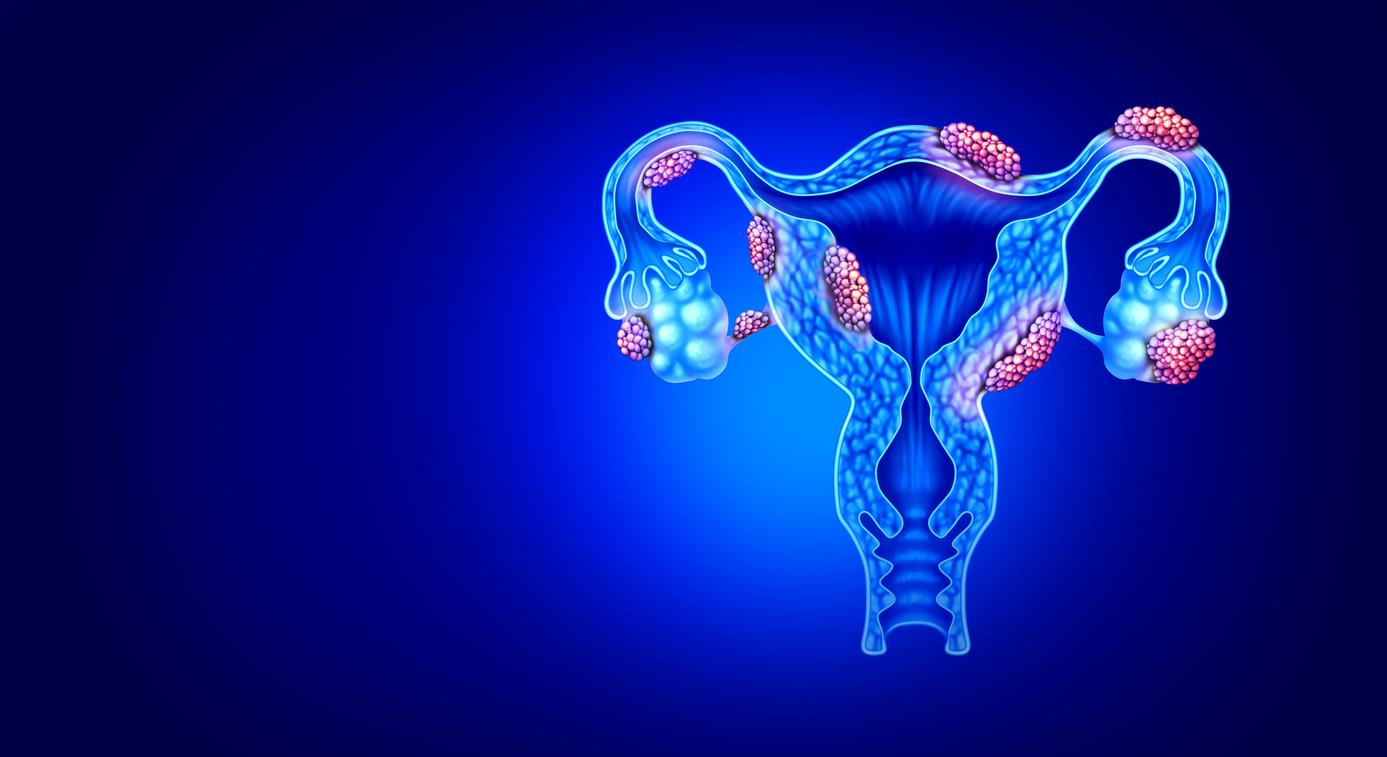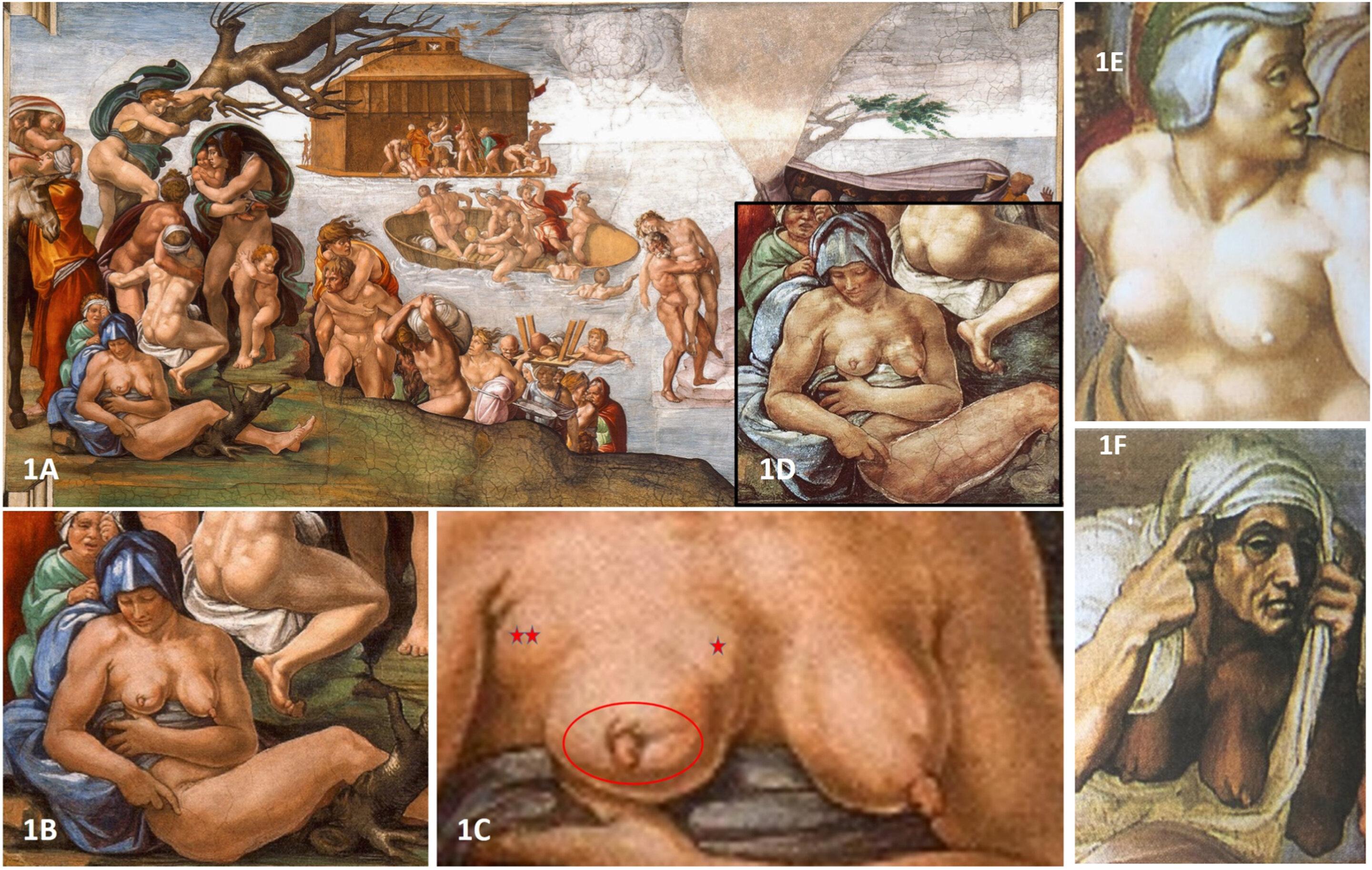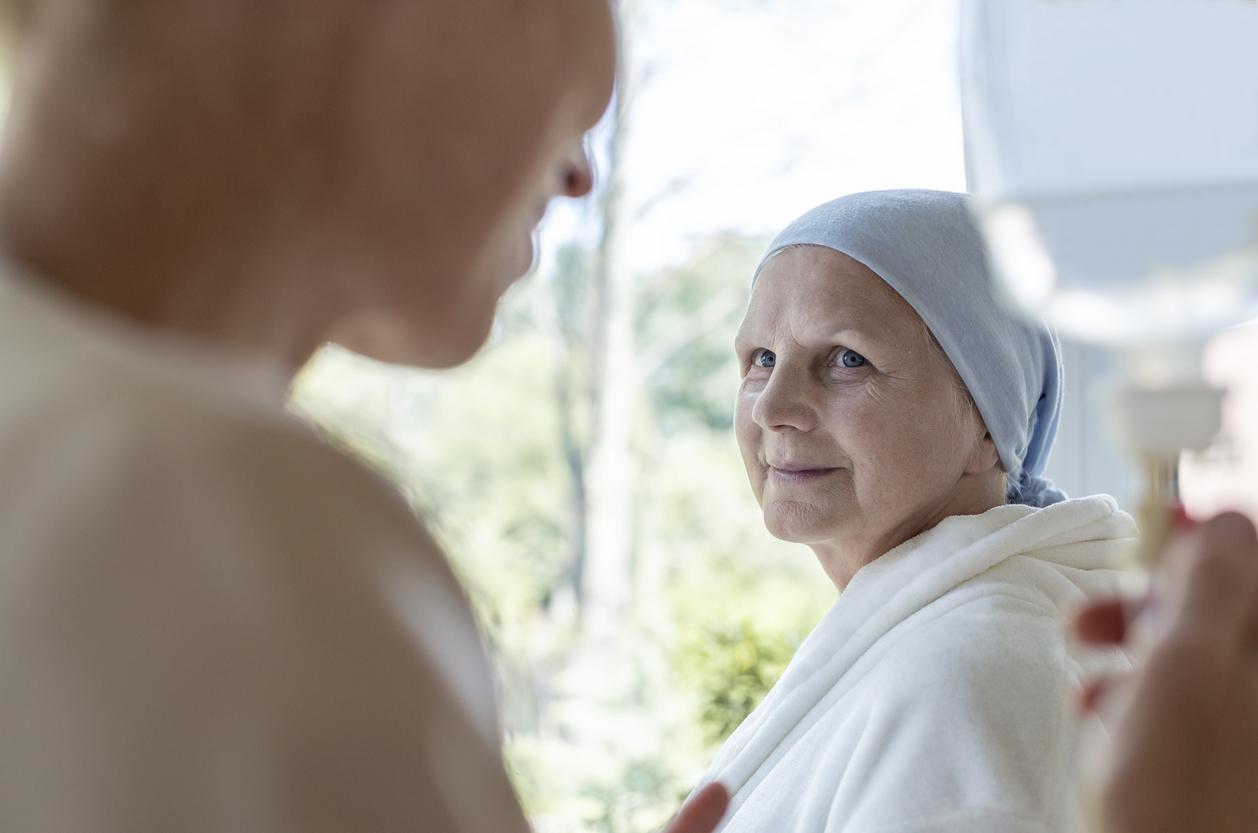Trastuzumab Deruxtecan, a treatment indicated for women with metastatic breast cancer, could be prescribed to 5,000 additional patients suffering from this malignancy.

- Anti-HER2 treatment will reduce chemotherapy, which is sometimes poorly tolerated by patients.
- Grade 3 or higher adverse reactions occurred in 52.6% of participants who received Trastuzumab Deruxtecan and in 67.4% of women who received physician-selected chemotherapy.
“Treatments targeting HER2 (i.e. a protein naturally present in the body) have been shown to be ineffective in patients with HER2-low breast cancer, i.e. low expression of the protein”, said an international group of researchers. During the Chicago Cancer Congress (ASCO) in the United States on June 5, scientists presented a study published in the journal New England Journal of Medicine. During their work, they discovered that Trastuzumab Deruxtecan, an anti-HER2 targeted therapy, could benefit more patients. As a reminder, this treatment is currently used by women suffering from metastatic breast cancer whose tumor has the HER2 protein in very high quantities.
To reach this conclusion, the authors conducted a phase 3 trial in patients with metastatic breast cancer with low HER2 expression and who had undergone one or two chemotherapy sessions. Participants were split into two groups to receive either Trastuzumab Deruxtecan or doctor-chosen chemotherapy. “Of the 557 volunteers, 494 (88.7%) had hormone receptor positive cancer and 63 (11.3%) had hormone receptor negative disease,” can we read in the searches.
“These patients lived six months longer on average”
In patients with positive hormone receptors, the median progression-free survival was 10.1 months for those who used Trastuzumab Deruxtecan and 5.4 months in the group who received chemotherapy. “Overall survival was 23.9 months and 17.5 months, respectively,” the researchers said. Clearly, anti-HER2-targeted therapy resulted in significantly longer progression-free survival and overall survival than practitioner-selected chemotherapy.
“The results are significant. These patients lived six months longer on average. It may not seem like a lot, but it really was a leap forward that we had not seen for more than fifteen years in this subtype of diseases. “, said, to France InfoWilliam Jacot, professor at the Montpellier Cancer Institute who participated in this study.
According to the researcher, Trastuzumab Deruxtecan will be able to be prescribed to 5,000 additional patients affected by breast cancer. “It’s a huge message of hope because when you have this kind of demonstration at advanced stages of the disease, the next step is going to be to try to do it at increasingly earlier stages. And to arrive at localized stages to no longer increase the quantity of life, but the healing rates so that more patients can heal at the end. And that is major, because globally it represents half of the women who have breast cancer, he continued.
















